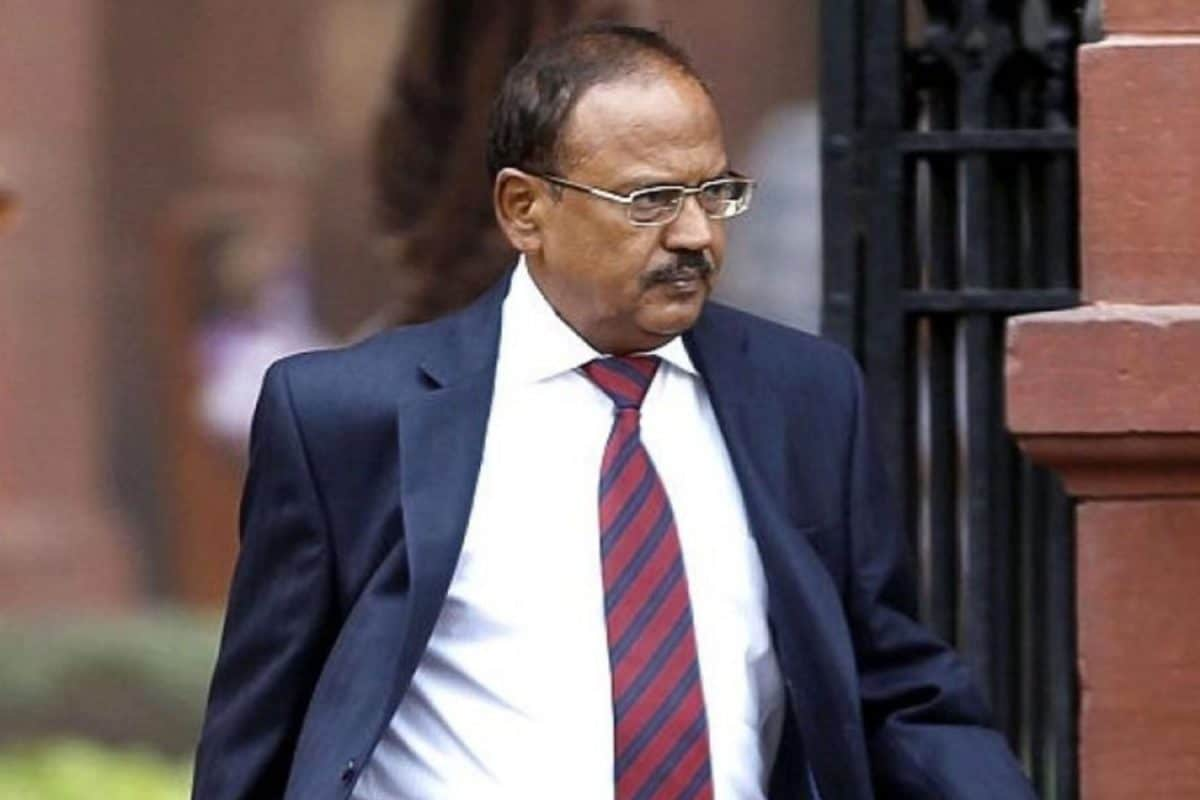

National Security Advisor (NSA) Ajit Doval is set to visit China next week for a crucial meeting of National Security Advisors of the Shanghai Cooperation Organisation (SCO), ahead of the SCO summit scheduled for early September in China. Cross-border terrorism is expected to be a key item on the agenda, with India likely to voice its concerns strongly.
Doval's visit, his second to China since December, occurs against the backdrop of complex India-China relations. While there have been recent efforts to stabilize ties, several contentious issues remain. The 2020 military standoff on the Himalayan border significantly strained relations, impacting Chinese companies' presence in India. However, India's dependence on Chinese imports has since increased, highlighting the economic complexities in the relationship.
During his visit, Doval is expected to meet with his counterparts from China and Russia, and potentially with NSAs from Central Asian states. A key focus will be on conveying India's concerns regarding cross-border terrorism emanating from Pakistan, particularly the support infrastructure that enables it. India is expected to call for Beijing to take a clearer stand on counter-terrorism efforts. Intense negotiations are reportedly underway to include condemnation of the Pahalgam terror attack in the SCO NSA joint statement.
The SCO has traditionally focused on countering terrorism through its Regional Anti-Terrorist Structure (RATS). Doval is expected to emphasize the need to hold accountable the sponsors, financiers, and facilitators of terrorism, while also addressing the use of technology by terrorists, including drones for cross-border smuggling of weapons and drugs. India has been actively advocating for the strengthening of counter-terrorism mechanisms within the SCO framework, including disrupting terror financing networks.
Beyond terrorism, Doval's visit will likely address broader issues in India-China relations. Discussions may include China's request for the resumption of direct flights, which have been suspended since the COVID-19 pandemic. The resumption of the Kailash Mansarovar Yatra, after a five-year suspension, is also viewed as a step towards normalizing relations.
India's approach to China involves a combination of security assertiveness and economic engagement. While maintaining a strong security posture, India recognizes its economic reliance on China for imports in key sectors like electronics, solar power, and pharmaceuticals. The May 2025 India-Pakistan crisis, which saw China's support for Pakistan, has heightened India's concerns about a potential "two-front" threat, further complicating the relationship.
Managing its relationship with China is a primary foreign policy challenge for India. Competition for influence in South Asia, the Indian Ocean, and Southeast Asia has led India to seek partnerships with other countries in the Indo-Pacific and Europe to counter China's growing regional influence. Despite these challenges, China remains a significant trading partner for India, and economic cooperation is crucial for India to achieve its economic growth targets. However, India's trade deficit with China remains a concern.
Doval's visit to China and participation in the SCO meeting offer an opportunity to address critical security concerns and work towards stabilizing bilateral relations. However, deep-seated differences and strategic competition will likely continue to shape the India-China relationship in the foreseeable future.